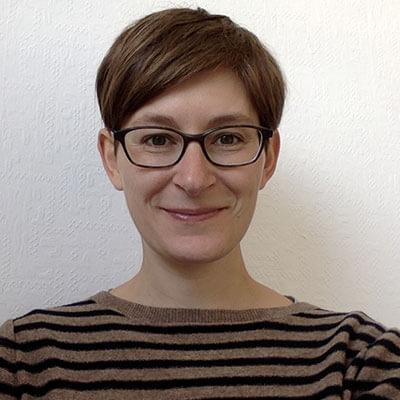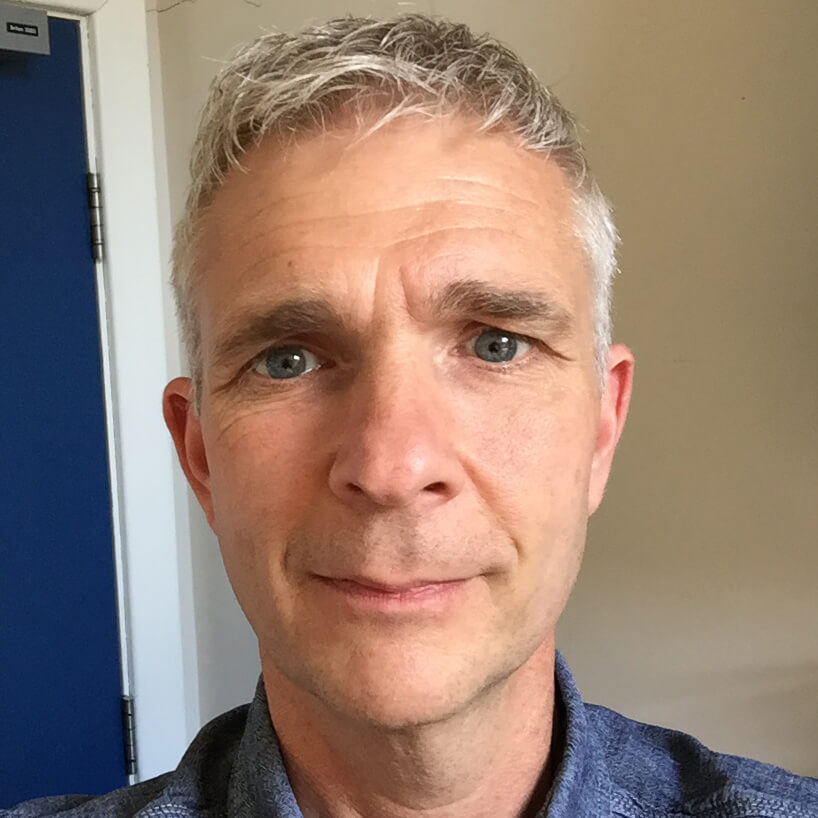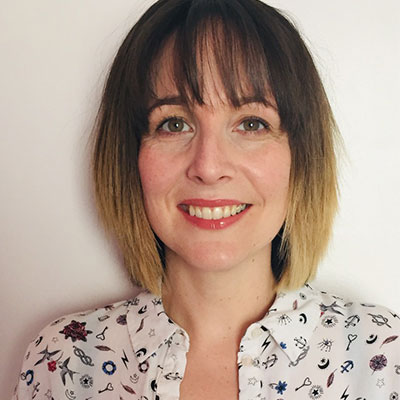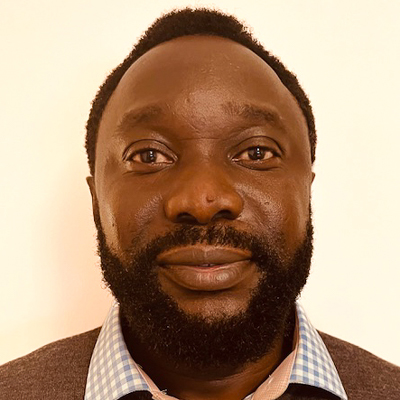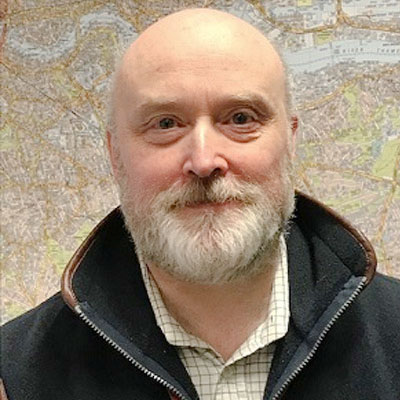Year one
You’ll learn about the research traditions of criminology and be introduced to key concepts, theories and issues. You’ll investigate different types of crime such as property crime, sexual and violent crime, homicide, corporate crime, anti-social behaviour and drug use. You’ll also learn about criminal law and criminal justice agencies and institutions.
Optional modules will increase your understanding of psychological and social dimensions of crime. You’ll study models of individual personality and behaviour, and visualise and analyse key sources of social science data. You’ll also study a complementary subject.
Year two
You’ll study contemporary debates in criminology, criminal justice, and the psychology of crime, and train in research methods and crime mapping techniques.
You can choose from a number of optional modules to create a programme tailored to your personal interests. You can investigate the ecology of crime, delve more deeply into the social divisions associated with crime, study justice and punishment, or explore crime in the media and popular culture.
Year three
You’ll undertake an original piece of criminological research in an area that interests you, along with comparative study of criminal justice and penalty in a global context.
Again, you can select from a range of modules, a number of which highlight the global dimensions of crime and justice. There will be opportunities to undertake a voluntary placement in an organisation relevant to the criminal justice sector.






